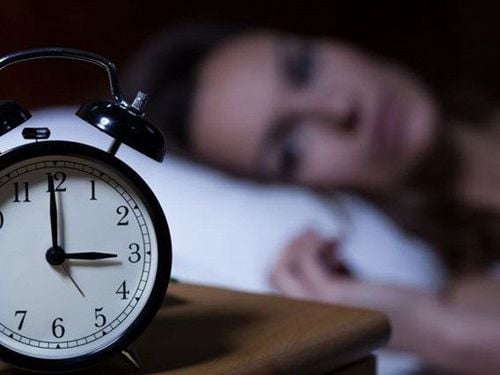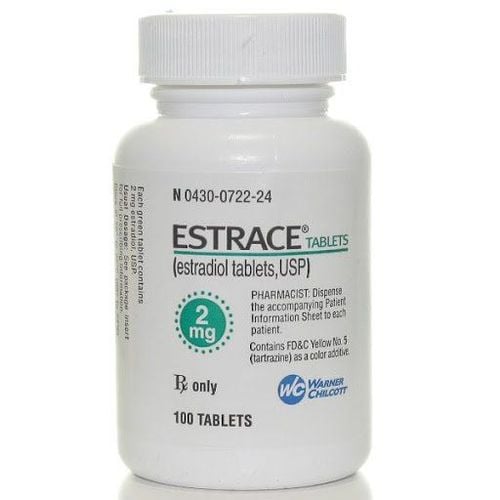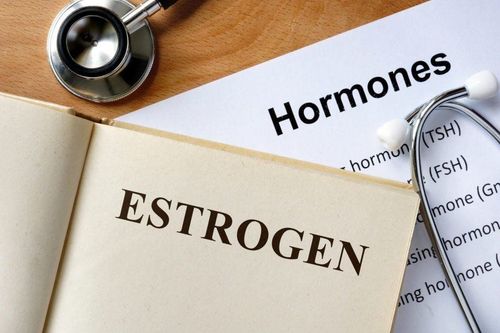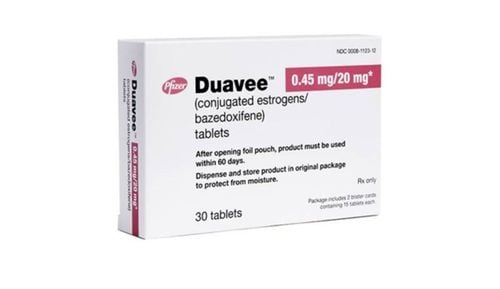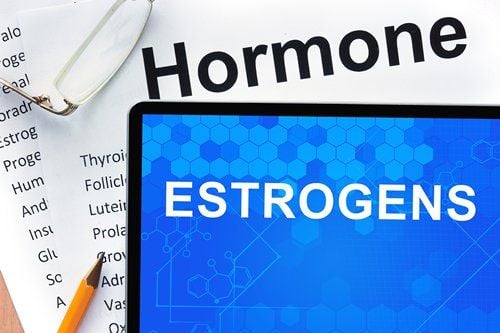This is an automatically translated article.
A woman's sex drive fluctuates over time. Highs and lows often coincide with the beginning or end of a relationship or with major life changes, such as pregnancy, menopause, or illness.
1. Symptoms of decreased sex drive in women
Symptoms of low sex drive in women include:
No interest in any type of sexual activity, including masturbation Never or rarely have sexual fantasies or thoughts Anxiety about lack of sexual activity or thoughts about sex When to see a doctor?
If you are concerned about low sex drive, talk to your doctor for examination and treatment. Treatment solutions can be as simple as changing a medication you're taking and aggressively treating any chronic medical conditions that may be reducing sex drive, such as high blood pressure or diabetes.

Không có hứng thú với bất kỳ loại hoạt động tình dục là triệu chứng điển hình của tình trạng giảm ham muốn tình dục ở phụ nữ
2. Causes of decreased sex drive in women
Sexual desire is based on a complex interplay of many factors that influence sex, including a person's physical and mental health, experiences, beliefs, lifestyle, and current relationships. friend. If you're having problems with any of the above, it could be affecting your sex drive.
2.1 Physical causes
A variety of illnesses, physical changes and medications can cause low sex drive, including:
Sexual problems. If you have pain during sex or are unable to orgasm, it could decrease your sex drive. Internal diseases. Many diseases that are not gender related can affect sex drive, including arthritis, cancer, diabetes, high blood pressure, coronary artery disease, and neurological diseases. Medicine. Certain prescription medications, especially antidepressants called selective serotonin reuptake inhibitors, are known to decrease sex drive. Living habits. A glass of wine can increase your desire to be close to your partner, but too much alcohol can affect your sex drive. The same is true for banned substances. Additionally, smoking reduces blood flow, which can dull feelings of euphoria. Surgery. Any type of surgery involving your breasts or genitals can affect your appearance, sexual function, and libido. Tired. Exhaustion from taking care of young children or elderly parents can contribute to a decrease in sexual desire. Fatigue from illness or having to undergo surgery can also play a part in low sex drive.
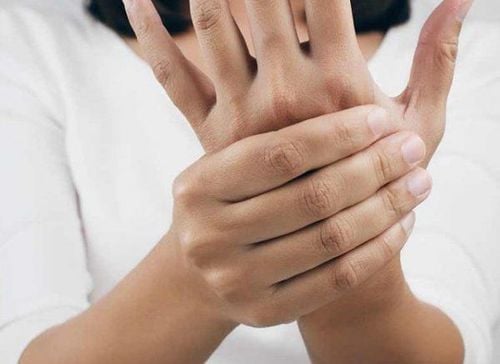
Bệnh viêm khớp có thể khiến phụ nữ giảm hoặc không có ham muốn tình dục
2.2 Hormonal changes
Changes in your hormone levels can change your sex drive. This can happen during the following stages:
Menopause . Estrogen levels decrease during the transition to menopause. This process can make you less interested in sex and you start to have symptoms like vaginal dryness, which leads to pain or discomfort during sex. While many women are still able to climax during sex during menopause, some experience hypothermia during these hormonal changes. Pregnancy and lactation. Hormonal changes during pregnancy, immediately after childbirth, and during breastfeeding can cause a mother to lose her desire for sex. Fatigue, a change in appearance, and the pressure of pregnancy or taking care of a new baby can also contribute to changes in your sex drive.

Đa số phụ nữ mang thai có xu hướng tình dục thấp
2.3 Psychological causes
Your psychological state can affect your sex drive. There are many psychological causes of low sex drive, including:
Mental health problems, such as anxiety or depression Stress, such as financial stress major or work-related stress Low self-esteem Low self-esteem Having a history of physical or sexual abuse Previous negative sexual experiences
2.4 Relationship issues
For many women, emotional closeness is an essential prelude to starting sex. So problems in your relationship can be a major factor in low libido. Decreased interest in sex is often the result of ongoing issues, such as:
Lack of connection, empathy with a partner Unresolved conflict or conflict The two sides do not understand each other's needs and sexual preferences Matters of trust
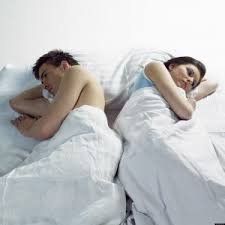
Nguyên nhân tâm lý có thể dẫn đến tình trạng giảm ham muốn tình dục ở nữ giới
3. Treatment for decreased sex drive in women
There are different methods used to treat low sex drive in women. To find the right treatment, the only key to effective treatment is to find the root cause of the symptoms of low libido.
Your doctor may ask about any medications you are taking, as some drugs can negatively affect sex drive. For example, some antidepressants have the side effect of reducing sex drive. In such cases, your doctor may give you another prescription with fewer side effects.
Never stop taking an antidepressant without consulting your doctor and without your doctor's approval.
If emotional problems are at the root of your symptoms, your doctor may recommend emotional counseling. Not only can counselors teach you how to better communicate with your partner, but they can also help you identify sexual techniques to help you two have new and more enjoyable experiences.
Low libido is common in perimenopausal and menopausal women due to the effects of changing estrogen levels. This is due to decreased blood flow to the vagina. If falling estrogen levels are causing your symptoms of low libido, estrogen therapy may be indicated.
Your doctor will recommend applying an estrogen-releasing cream, suppository or ring into your vagina. With these uses, it is possible to increase blood flow without the same side effects as when using oral estrogen pills.

Bạn có thể đến gặp chuyên gia tư vấn nhằm tìm nguyên nhân và cách điều trị tình trạng trên
Another treatment option is the drug flibanserin (Addyi), which has been approved by the Food and Drug Administration (FDA). This drug has been shown to enhance libido in premenopausal women with symptoms of decreased libido. However, this medication is not for everyone in need, as it has possible side effects, including low blood pressure, fainting, and dizziness.
Brasheranotide (Vyleesi) injection has also been approved by the FDA to treat low sex drive in premenopausal women. Possible side effects include severe nausea, injection site reactions, and headache.
Lifestyle changes can also reduce stress and help improve a woman's sex drive. This includes the following:
Regular exercise Spending alone time with the two of you Changes in sexual behavior (such as taking different positions, playing role-playing or using sex toys) Avoid substances that affect sex drive, such as tobacco and alcohol Practice stress reduction techniques, such as mindfulness-based interventions Don't underestimate the consequences The consequences of a decrease in sex drive can be on your health. If you feel the symptoms of low sex drive are affecting your quality of life, talk to a specialist soon for examination, advice and treatment.
Please dial HOTLINE for more information or register for an appointment HERE. Download MyVinmec app to make appointments faster and to manage your bookings easily.
Articles refer to the source: mayoclinic.org




